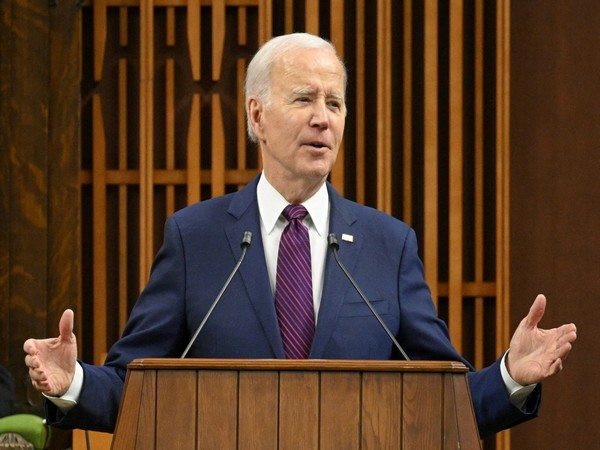Biden Aims to Reshape U.S.-Cuba Relations as Trump Prepares for Office
The Biden administration announced plans to remove Cuba from the U.S. terrorism blacklist, align sanctions with Obama-era policies, and ease financial restrictions on Cuba. Concurrently, Cuba has announced the planned release of over 500 prisoners. These developments could significantly alter U.S.-Cuba relations, though they face scrutiny from the incoming Trump administration.

The Biden administration has introduced a plan to remove Cuba from the U.S. terrorism blacklist, a move that signifies a potential overhaul of U.S.-Cuba relations days before the Trump administration resumes power. This action aims to reverse many of Trump's previous sanctions and align with the era of détente inaugurated by Obama.
Cuba's foreign ministry has separately declared it will release 553 prisoners, a decision framed by Cuban officials as a nod to the humanitarian aspect of their justice system despite no official link to Biden’s announcement. This simultaneous gesture is seen as a key factor potentially transforming bilateral relations.
The policy changes, championed by Biden, are subject to Congressional review as critics caution that the incoming Trump administration could swiftly retract any progress. The interplay of these announcements comes amid economic struggles on the island and significant U.S. border challenges due to escalating Cuban emigration.
(With inputs from agencies.)










